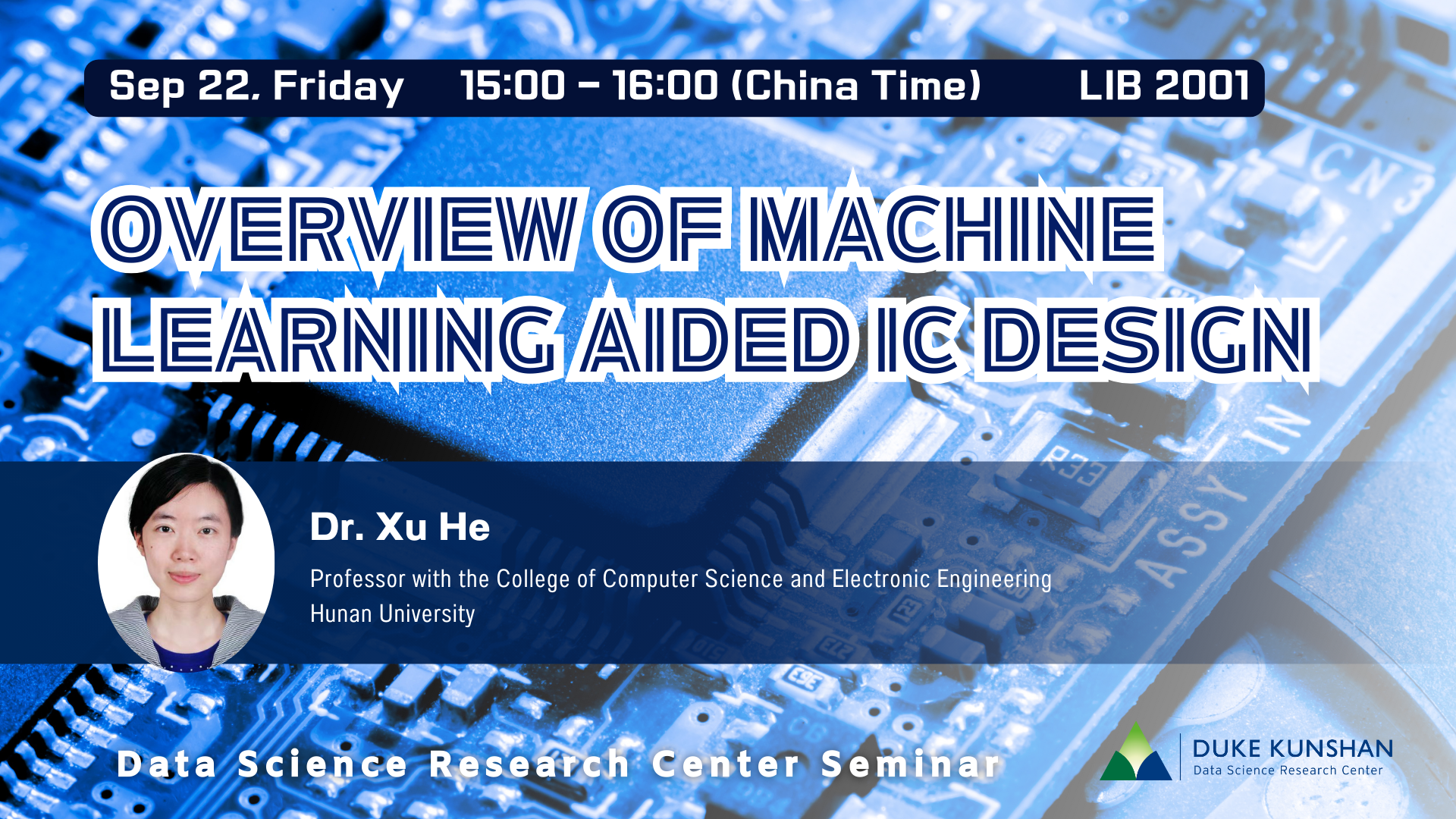Abstract
Electronic design automation (EDA) is a kind of CAD software that helps computers do the complex work of designing integrated circuit (IC). It’s used because designing IC is quite challenging, and relying solely on manual methods is not feasible nowadays. However, the usual way we use EDA has a big problem: most chip design problems are NP hard and cannot be solved optimally in polynomial-time. Moreover, as system and chips get even more complex, with billions of transistors, this problem gets worse. Therefore, we need to find new and creative ways to make IC design faster, better, and easier. In recent years, machine learning (ML) technology has made remarkable strides, resulting in significant advancements across various computing applications. This success has sparked interest in applying ML techniques to enhance EDA technology. This presentation will offer a concise overview and discussion of various subjects within the EDA field, such as lithography, physical design, and performance analysis.
Speaker Bio
Xu He received the B.E. degree in software engineering from the Harbin Institute of Technology, Heilongjiang, China, in 2007, and the M.S. degree from the Department of Computer Science and Technology, Tsinghua University, Beijing, China, in 2010. She received the Ph.D. degree from the Department of Computer Science and Engineering, Chinese University of Hong Kong, Hong Kong, in 2013.
She is currently a Professor with the College of Computer Science and Electronic Engineering, Hunan University, Changsha, China. Her current research interests include algorithms and electronic automation design. She is now working actively on machine learning based circuit performance analysis, physical design, and DFM.


